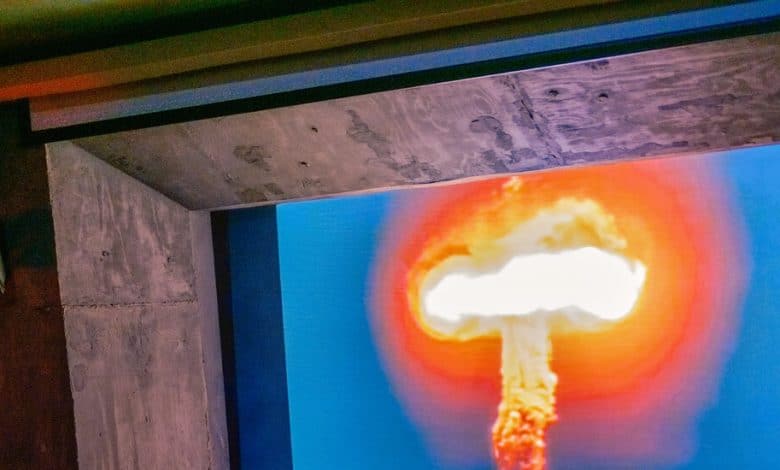Exploring Atomic Bomb History Beyond Los Alamos

This article is part of our Museums special section about how institutions are striving to offer their visitors more to see, do and feel.
The blockbuster movie about J. Robert Oppenheimer might have left the impression that only New Mexico was involved in developing America’s atomic bomb.
Hardly. Neighboring Nevada played a vital role, too. And the Atomic Museum in this glittery town known for gambling and big-name entertainment will tell you all about it — and more.
Here, just beyond the major hotels and casinos is a museum dedicated to the history and science of nuclear weapons as a critical part of America’s national security for more than 85 years. It’s one of 200 museums around the country affiliated with the Smithsonian Institution and a thematic partner to nearly a dozen others that highlight various aspects of the nation’s nuclear programs.
The Atomic Museum makes clear the genius and necessity of developing awesome nuclear power while not ignoring the lethal impact it had on ordinary people — the moral conflict at the core of “Oppenheimer,” winner of seven Academy Awards for 2023, including best picture and best actor for Cillian Murphy in the title role.
Among a wealth of actual and facsimile objects used in development and testing are an identical shell casing of the Fat Man bomb dropped on Nagasaki on Aug. 9, 1945, and a replica of the actual bomb that it would have encased. Elsewhere is a display meant to honor the Japanese people killed and injured by Fat Man and Little Boy, a smaller bomb dropped on Hiroshima three days earlier. Together, they killed more than 200,000 people by some estimates, effectively ending World War II.